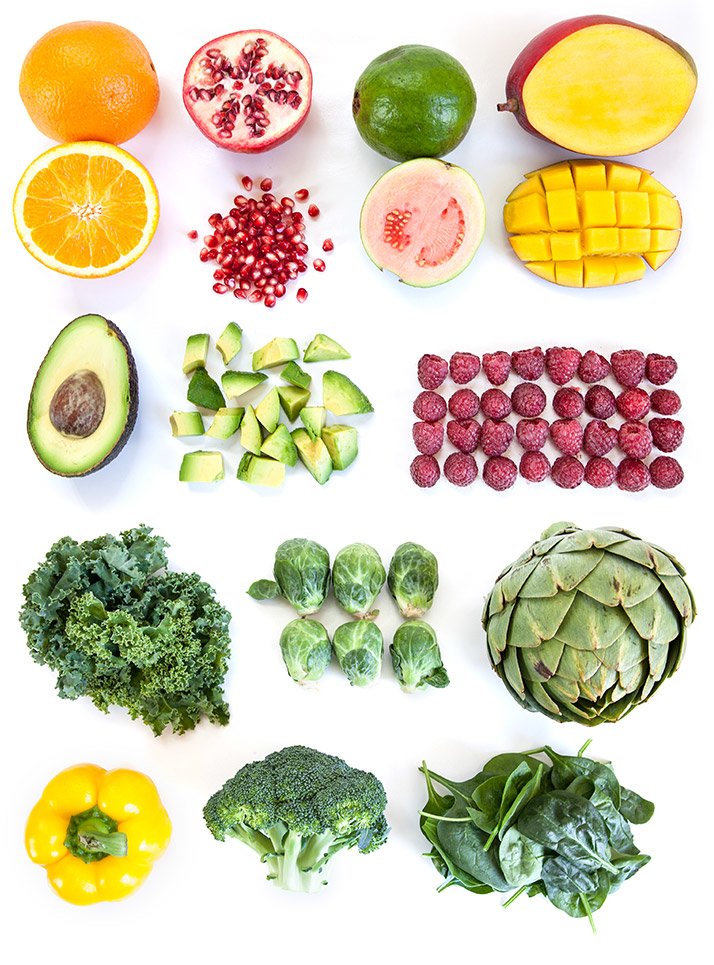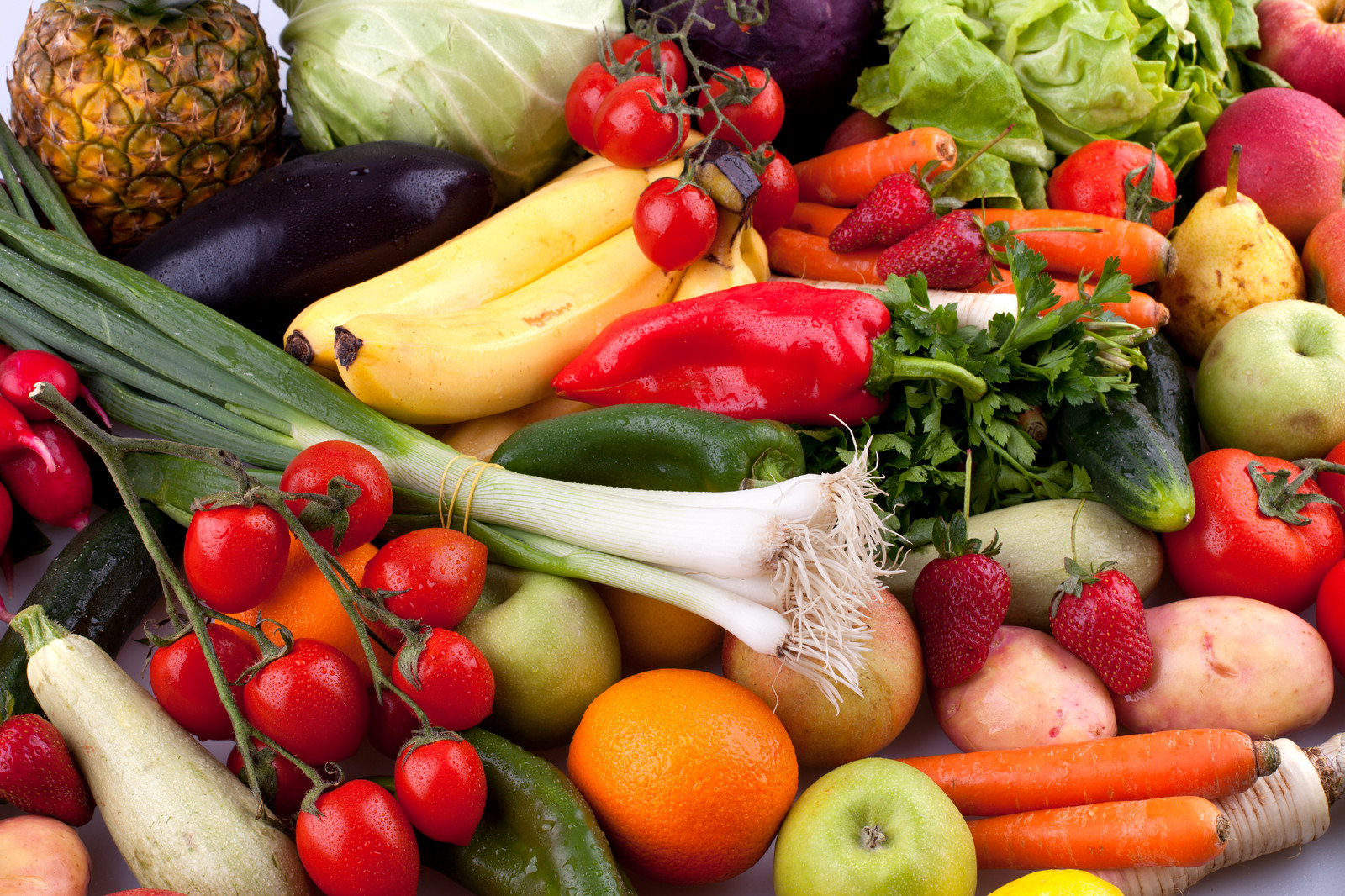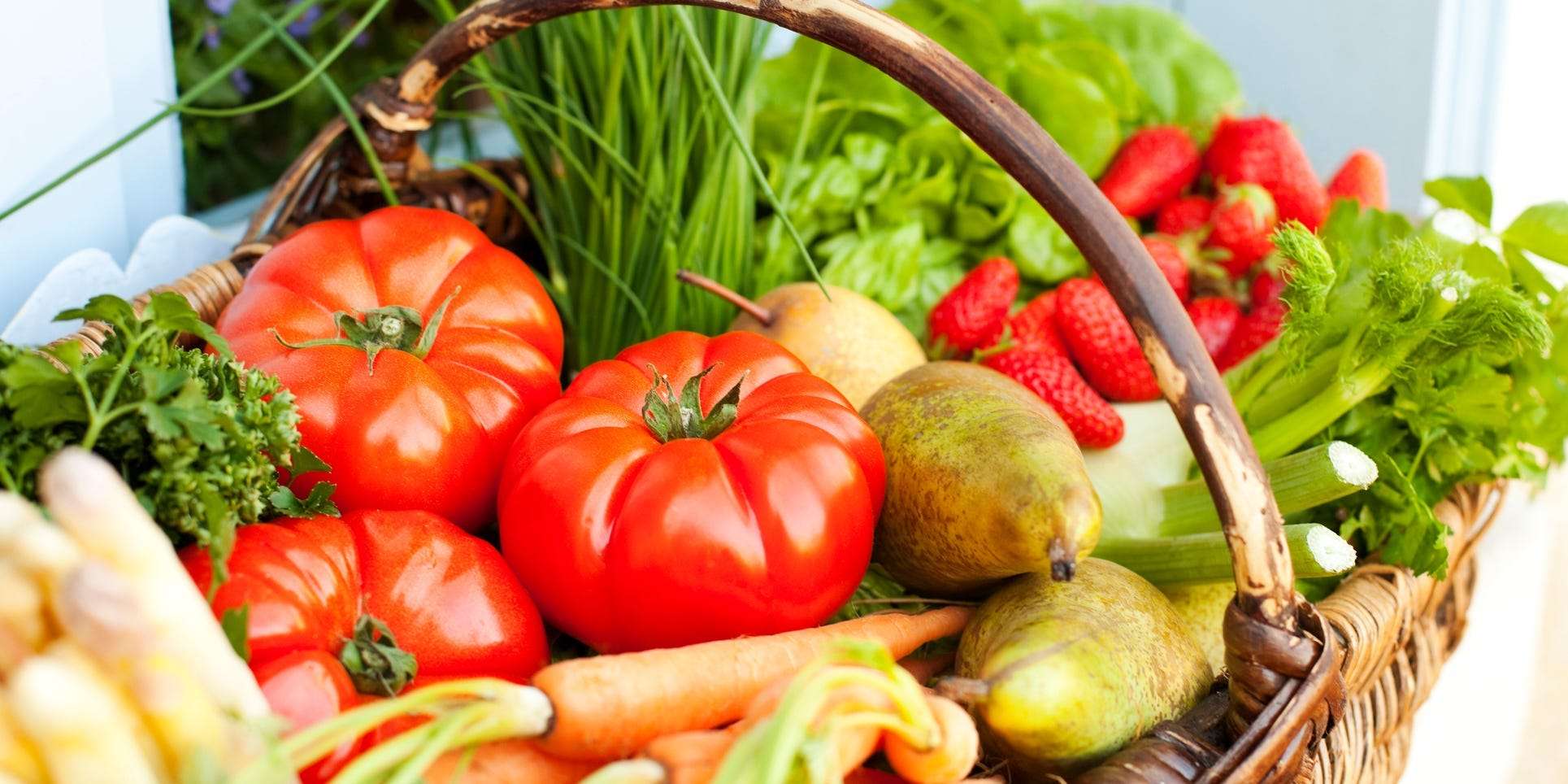What Are The Most Nutritious Vegetables And Fruits

What Are The Most Nutritious Vegetables And Fruits
Vegetables
Vegetables are an essential part of a healthy diet, they provide a variety of vitamins, minerals and fiber. They also provide antioxidants which help our bodies fight off disease and infection. Some of the most nutritious vegetables are spinach, kale, broccoli, sweet potatoes, carrots, beets, Brussels sprouts, asparagus, and tomatoes. Each of these vegetables provides its own unique nutrition profile, so it's important to include a variety of them in your diet. Spinach and kale are especially high in antioxidants and vitamins A and K, while broccoli is a great source of Vitamin C. Sweet potatoes are rich in vitamin A and fiber, and carrots are packed with beta-carotene and Vitamin A as well. Beets are a great source of folate and potassium, and Brussels sprouts provide vitamins C and K. Asparagus contains vitamins A, C and K, and tomatoes are high in lycopene which is believed to help protect against certain types of cancer.
Fruits
Fruits are just as important as vegetables when it comes to nutrition. Many fruits are high in antioxidants, vitamins, minerals and fiber. Some of the most nutritious fruits are blueberries, strawberries, oranges, apples, bananas, raspberries, blackberries, grapefruit, kiwi, and mango. Blueberries are packed with antioxidants and Vitamin C, while strawberries are high in Vitamin C and fiber. Oranges are a great source of Vitamin C and fiber, and apples provide a variety of vitamins and minerals. Bananas are a great source of potassium and fiber, and raspberries are a good source of Vitamin C and manganese. Blackberries are rich in antioxidants, Vitamin C and fiber, and grapefruit is a great source of Vitamin C, potassium, and fiber. Kiwi is a great source of Vitamin C and potassium, and mango is high in Vitamin A and beta-carotene.
Health Benefits of Eating Fruits and Vegetables
Eating a variety of fruits and vegetables provides numerous health benefits. Eating a diet rich in fruits and vegetables can help lower cholesterol and reduce the risk of heart disease, stroke, and some types of cancer. Fruits and vegetables are also a great source of fiber, which helps to keep your digestive system running smoothly and can help to reduce the risk of type 2 diabetes. Eating a variety of fruits and vegetables can also help to boost your immune system, providing your body with the vitamins and minerals it needs to fight off infection and disease. Studies have also shown that eating a diet rich in fruits and vegetables can help to reduce inflammation, which can lead to a reduction in pain and discomfort associated with certain conditions.
Tips for Eating More Fruits and Vegetables
Eating more fruits and vegetables can be easier than you think. One way to get more fruits and vegetables into your diet is to make sure you have them on hand. Keep a bowl of washed and cut vegetables in the refrigerator for easy access, or buy pre-cut bags of vegetables from the store. You can also keep a bowl of washed and cut fruit on the counter for snacking. Another great way to get more fruits and vegetables into your diet is to add them to your favorite dishes. Add spinach to your omelet, or diced tomatoes to your pasta dish. You can also add grated carrots to your salads, or a handful of blueberries to your oatmeal. There are endless possibilities for adding fruits and vegetables to your diet.
Conclusion
It's easy to see why eating more fruits and vegetables is so important for our health. Fruits and vegetables provide essential vitamins, minerals, and fiber that our bodies need to stay healthy and strong. Eating a variety of fruits and vegetables can also help to reduce inflammation, improve digestion, and boost your immune system. So make sure you're getting your daily dose of fruits and vegetables for optimal health and wellbeing.
Top Most Nutritious Fruits and Vegetables - YouTube

These are actually the most nutritious fruits and vegetables, according

Eat the rainbow | Healthy, Vegetable diet, Food education

What is the Most healthiest fruit and vegetables for health? - All

The Most Nutritious Fruits And Vegetables

The Most Nutritious Fruits And Vegetables

5 Easy Ways to Increase Fruits and Vegetables in Your Diet - Cecelia Health

Vegetables and Fruits: Eat a Variety and Lots for Overall Good Health

The top 10 healthiest fruits and vegetables to add to your diet
